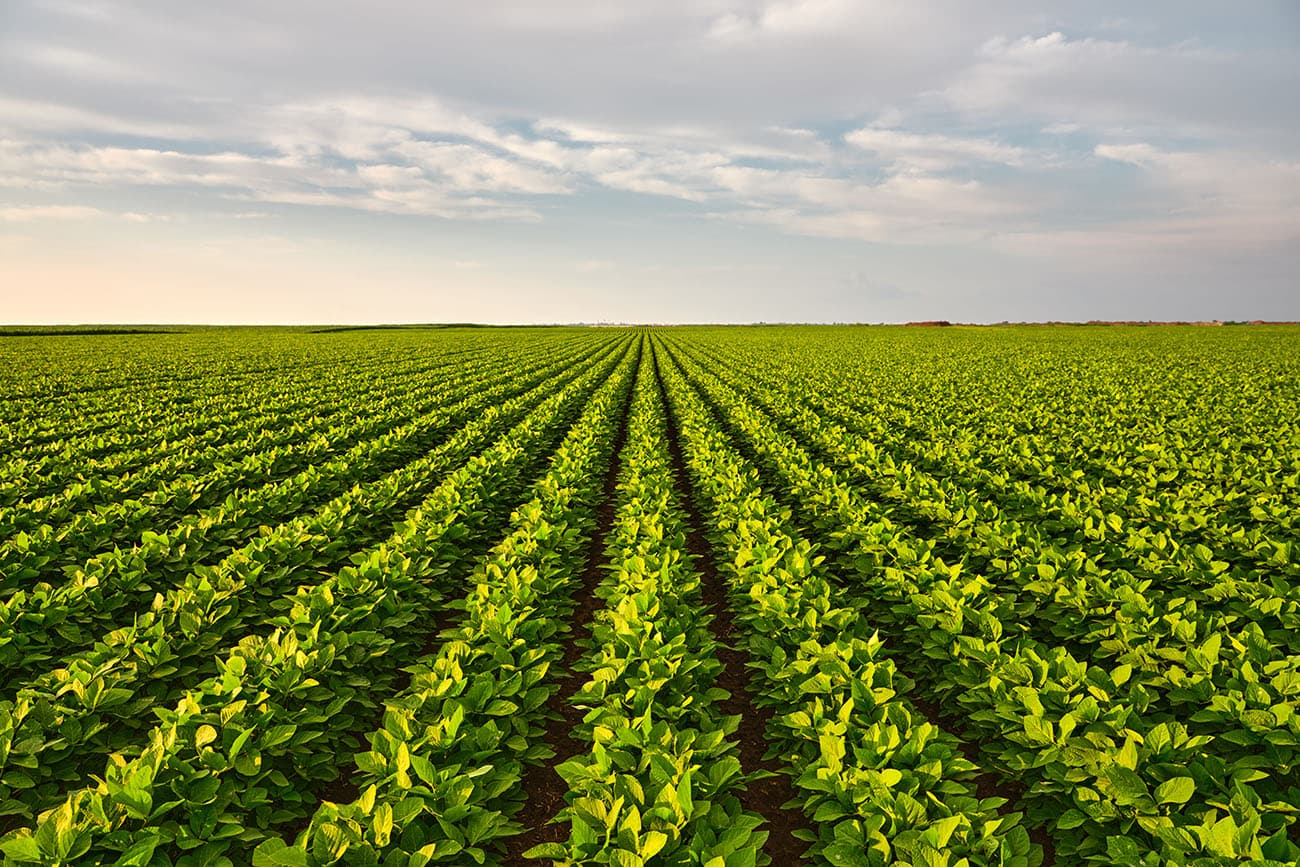The freedom to buy, sell, and utilize property, as protected in the Fifth Amendment, underlies all real estate transactions and markets. Any restrictions placed on a property owner from realizing the highest and best use of that property hinders economic growth and development and reduces freedoms inherent in our society.
Land Use & Property Rights
Featured
Political Advocacy
Governments shall not arbitrarily infringe on the basic right of the individual to acquire, possess and freely transfer real property, and shall protect private property rights as referred to in the 5th and 14th Amendments of the United States Constitution. This is a foundational element for all REALTORS® and for NAR.
One aspect of this issue relates to the transfer of public lands from the federal government to private ownership. This process should be encouraged and streamlined and is especially important for states in the West, some in which the federal government owns over 50% of the land. Transferring land to the private sector will encourage economic development and better management of the land for multiple uses, such as resource extraction, ranching and wildlife management. It will also help the federal government prioritize and better manage the land they have left.
I am a real estate professional. What does this mean for my business?
Transferring land from the federal government to private ownership will allow increased economic development and provide better, more efficient land management. This will result in less frequent and severe wildfires, enhanced ecosystems and economic development for rural areas.
NAR Policy:
Governments shall not arbitrarily infringe on the basic right of the individual to acquire, possess and freely transfer real property, and shall protect private property rights as referred to in the 5th and 14th Amendments of the United States Constitution.
We support legislative implementation of the 5th Amendment’s guarantee of compensation when property rights are taken. Every person should have the right to acquire real property with confidence and certainty that the use or value of such property will not be wholly or substantially eliminated by governmental action at any level without just compensation or the owner's express consent.
In addition, we support legislation which will provide property owners expeditious access to administrative and judicial systems at all levels - local, state and federal - to pursue 5th Amendment takings claims or relief from other property rights violations.
We recognize the need for all levels of government to be able to exercise legitimate police powers in the regulation of private property to protect the health, safety and general welfare of its citizens. However, when government actions or regulations are not founded within legitimate police powers, the government should be required to pay compensation for the inordinate burden levied on the property owner.
The federal government should not establish criteria for the use of eminent domain by state and local governments. Each state should establish its own rules and laws governing eminent domain without interference from the federal government.
Likewise, when a government entity exercises its eminent domain power to condemn private property for public use, the government should provide - as required by the 5th Amendment - "just" compensation to affected property owners that covers not only the value of the property condemned but also all other reasonable and necessary costs generated by the condemnation action including, but not limited to, hiring legal counsel, obtaining temporary housing, lost business revenue, severance damages.
Furthermore, when a government entity exercises its eminent domain authority, it should do so only when necessary to materially advance a real public use. The government should provide persuasive, objective evidence that the project, and the resulting public use, will in fact be realized.
Opposition Arguments:
Property rights should be balanced with other societal needs, such as environmental quality and economic development. Lands should stay under the ownership of the federal government because only public ownership will allow for the most efficient and multiple use management of these lands.
Legislative/Regulatory Status/Outlook
No actions at this time.












